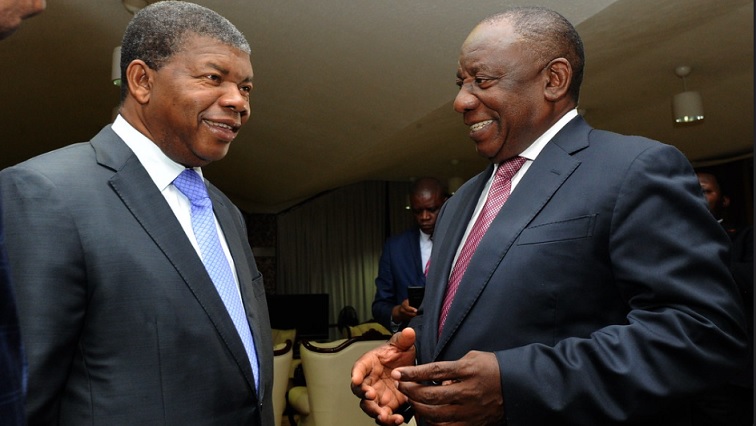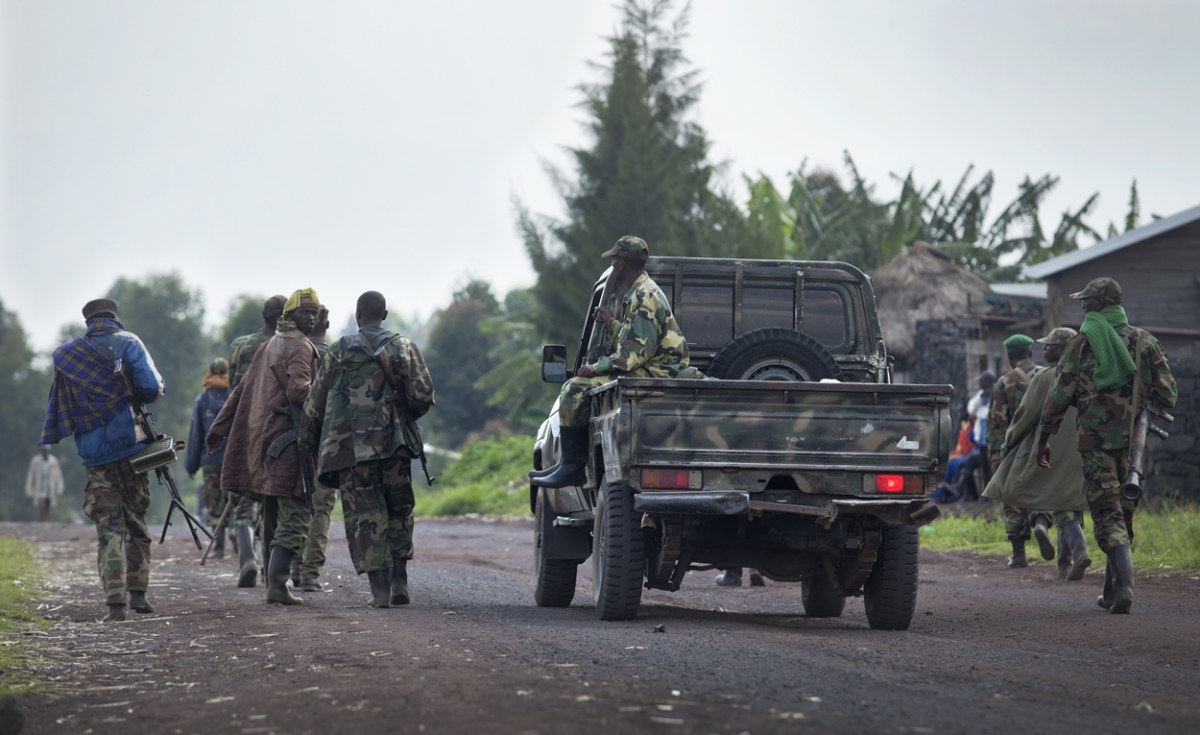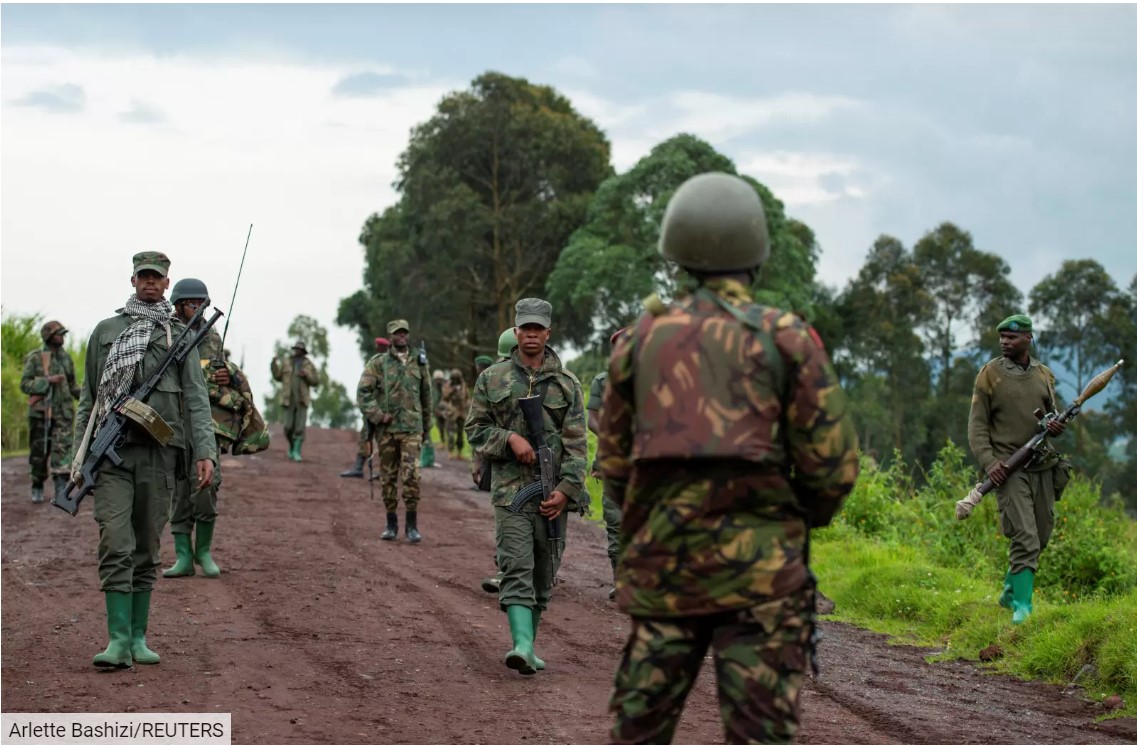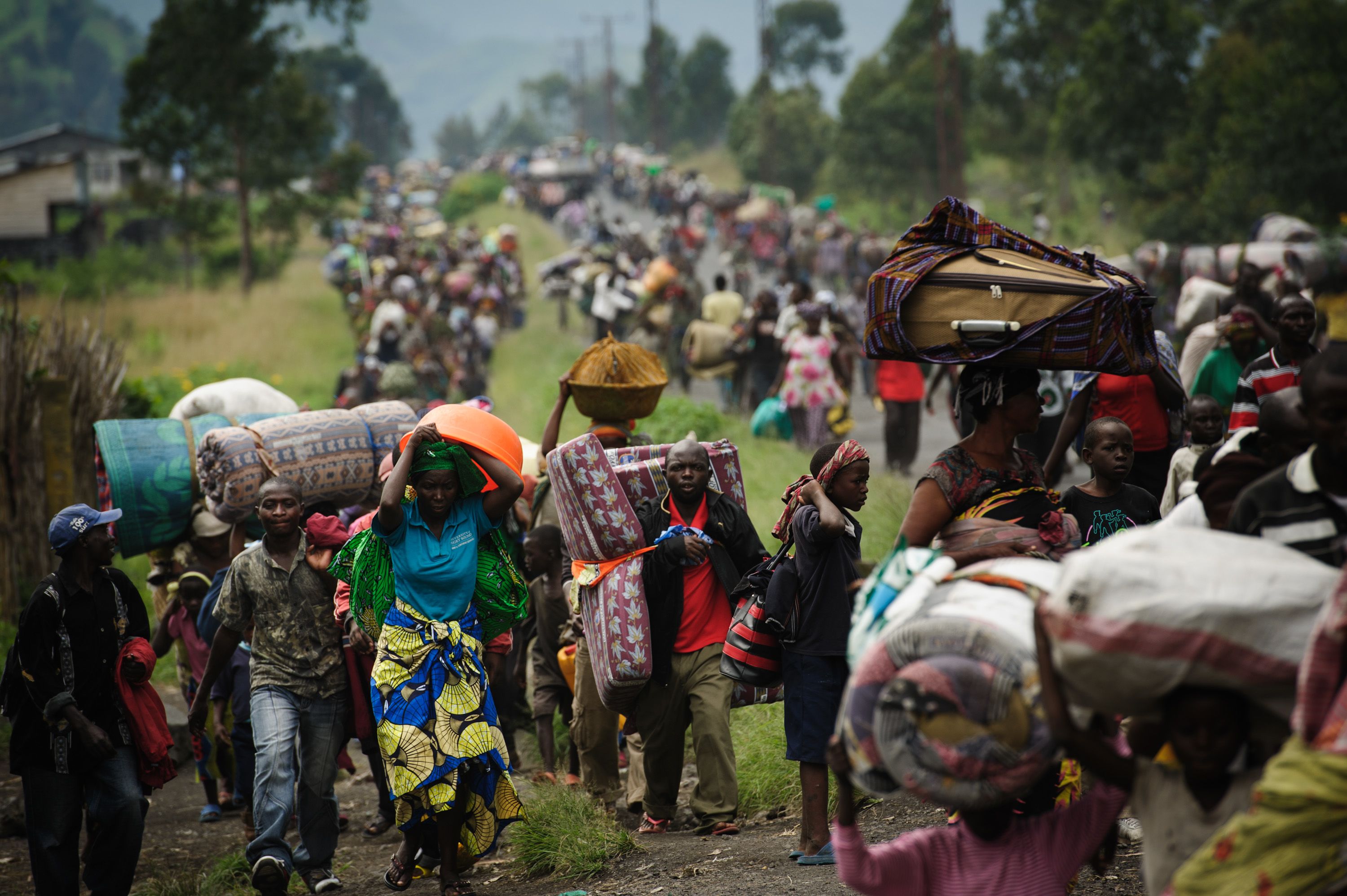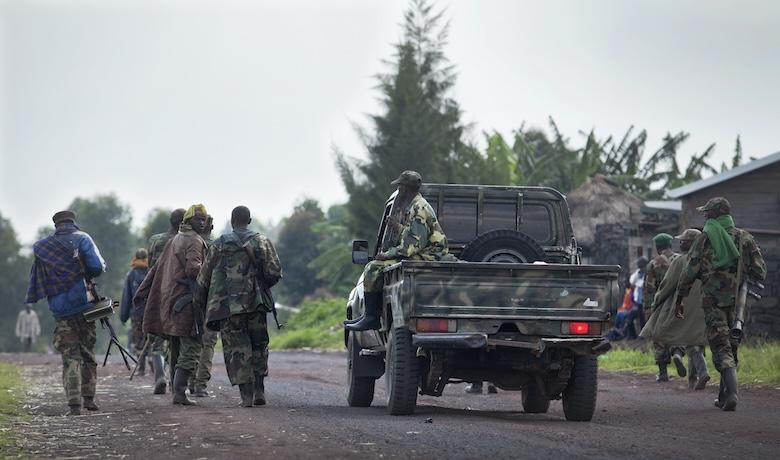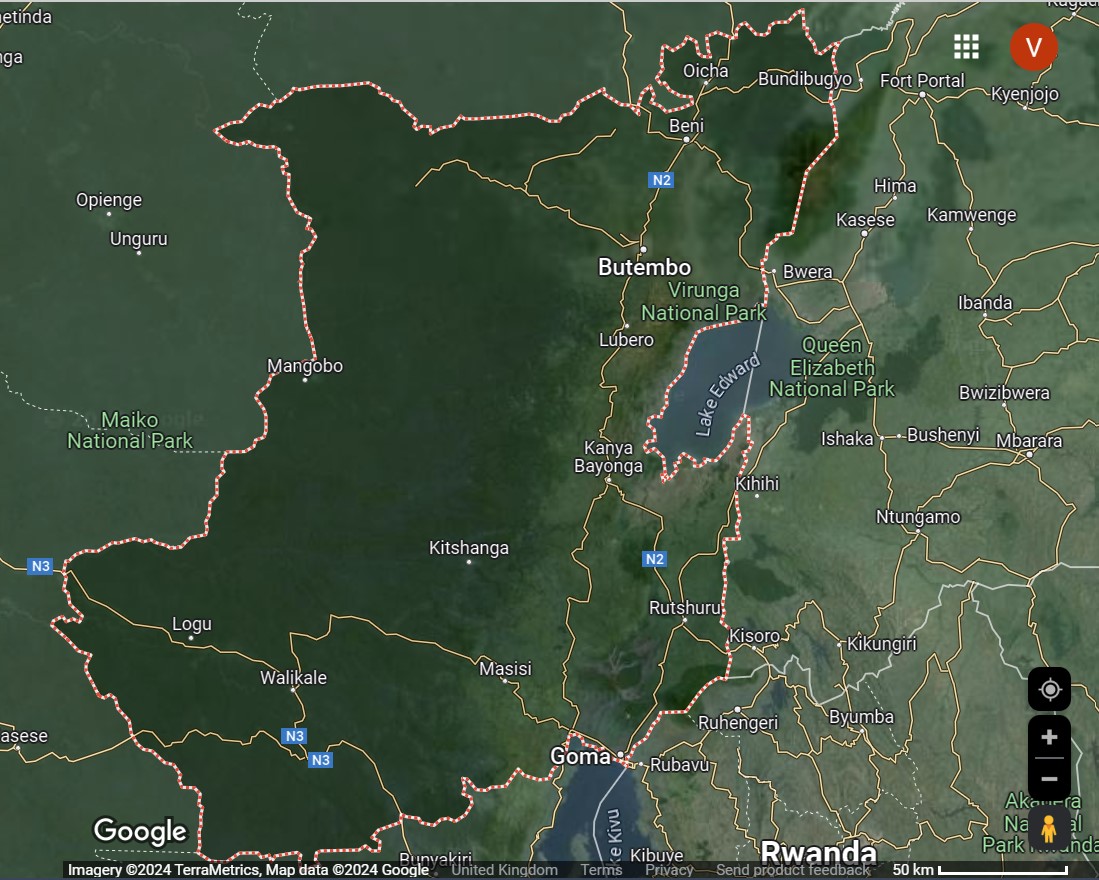Regional
Ebuteli’s ‘report’ aimed at preventing lasting solution to DRC crisis
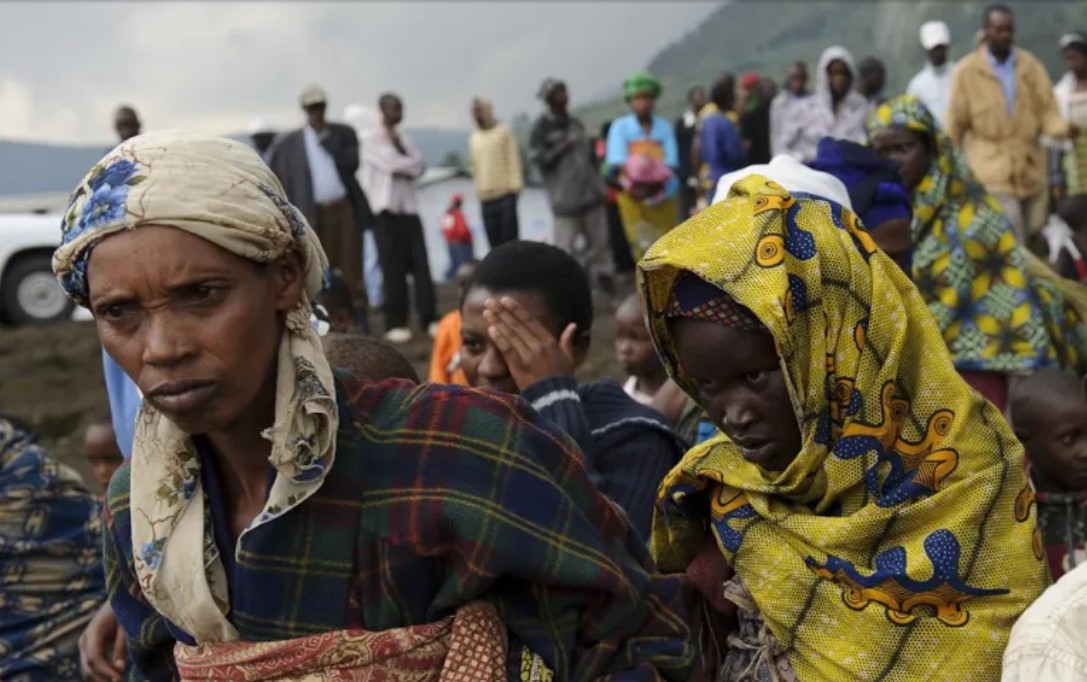
Kinyarwanda-speaking Congolese have been persecuted for over three decades, with successive Congolese governments failing to protect them.
Ebuteli and the Congo Study
Group (GEC), both Congolese ‘non-profit organizations’, on August 6, published
a ‘report’ alleging that the M23 rebels are mainly external to the Democratic
Republic of Congo (DRC), accusing Rwanda of being the main supporter of the
rebels currently active in the province of North Kivu.
For years, Kigali has denied
all allegations regarding support to the M23 rebels.
The 60-page document titled
"The resurgence of the M23: regional rivalries, donor politics and the
blockage of the peace process", in detail recycled the same lies about the
M23 rebels.
“The resurgence of the M23
comes from outside the DRC. The weakness of the Congolese state has worsened
the crisis, which also has deep local roots, but the M23 has mainly emerged as
a means for Rwanda to project its influence against its northern neighbor,
Uganda,” reads part of the report.
By publishing this kind of
‘report’, Ebuteli’s mission was to spread disinformation about the M23 rebels,
showing failure to properly investigate, but most importantly, shield the
Congolese government from its responsibilities in dealing with the M23 and
solving their grievances.
The M23 is a Congolese
political-military movement founded in May 2012, because of the many failures
of the government of the DRC, mainly the refusal to implement the peace
agreement signed on March 23, 2009.
In 2013, the rebel group was
defeated by the UN Force Intervention Brigade (FIB), the rebels then split into
two groups where the bigger faction of roughly 1,700 soldiers fled to Uganda
and 700 soldiers went to Rwanda.
The M23 faction that fled to
Rwanda was first disarmed and secured in Rubavu District, near the border with
DRC. Two weeks later, Kigali relocated the group’s fighters to the country’s
Eastern Province, doing its best to abide by international norms which dictate
that in a situation where armed rebels cross into a country, they must be
relocated to a place far away from the border of their country.
However, the Ebuteli report
failed to mention that in 2017, the M23 faction in Uganda returned to DRC but
did not fight because they were waiting for the implementation of the peace
agreement the Congolese government had signed with them. In 2020, the rebels
were back to negotiating with the Congolese government.
However, during the 14 months
of negotiations with Kinshasa, the Congolese army attacked the rebels’
headquarters in Sabyinyo. The M23 soon after realized that Kinshasa had no
intention to honor any of the agreements. Kinshasa chose to attack and kill
their fighters, and this is when the rebels decided to take up arms and defend
themselves, hence their resurgence in November 2021.
It is absurd how the so-called
report failed to mention that the M23 faction from Uganda, is the one that took
up arms again, since many of the fighters who had fled to Rwanda were
demobilised voluntarily or negotiated their way into the DRC’s national army.
This shows that Ebuteli’s purpose was to recycle the same allegetions against
Rwanda, with no proof.
To date, the rebels have
captured swathes of territory in North Kivu, and demanded for dialogue with their government. The Congolese government has not only failed
to dialogue with the rebels but branded them as ‘terrorists’, evading their
responsibility towards their own citizens.
The DRC government is far from
being a victim. It is responsible for the M23 resurgence, yet organizations
like Ebuteli choose to support Kinshasa in their blame games, accusing Rwanda,
giving reason to their refusal to apply signed accords with the rebels since
2012, while promoting hate speech.
On top of their national
grievances, the M23 rebels are fighting an existential threat; to protect the
lives of Congolese Tutsi and Rwandophones who are now targets of hate speech
and violence orchestrated by their own state or government. Hundreds have, so
far, been murdered in various parts of eastern DRC.
All these are facts that the
so-called Ebuteli report ignored, but argued that the increase of the
anti-Tutsi violence in North Kivu was because of the emergence of the M23.
“Contrary to the narratives
advanced by the Rwandan government and the M23, which claim that the rebellion
emerged in response to anti-Tutsi violence and collaboration between the FDLR
and the Congolese government, we find that it is rather the rise of the M23
that has led to the strengthening of these phenomena,” cites part of the
report.
By reading these lines, it is
hard to miss how Ebuteli chose to blame the victims, and the M23, whose members
are from diverse ethnic backgrounds, and not a ‘Tutsi group’ as many like to
refer to it, while whitewashing the genocidal FDLR militia.
Ebuteli ignored the fact that
the anti-Tutsi hate speech existed long before the resurgence of the M23
rebels. Since the 1990s, Congolese officials, security forces and citizens,
have persecuted, looted their cattle and massacred hundreds of thousands of
Rwandophones with the allegations that the Congolese Tutsi community is trying
to balkanize eastern DRC.
Additionally, for the past
three decades, the current violence and hate speech perpetrated against the
Congolese Tutsi is mainly perpetuated by the FDLR, a militia formed by the
remnants of the perpetrators of the 1994 Genocide against the Tutsi in Rwanda.
The Ebuteli report
conveniently attempts to justify the collaboration of the Congolese army with
genocidal forces, and effectively dismisses the M23 cause. The report does not
provide any tangible political solution to the crisis in easternDRC. Its aim is
to smother any genuine efforts towards attaining peace.



